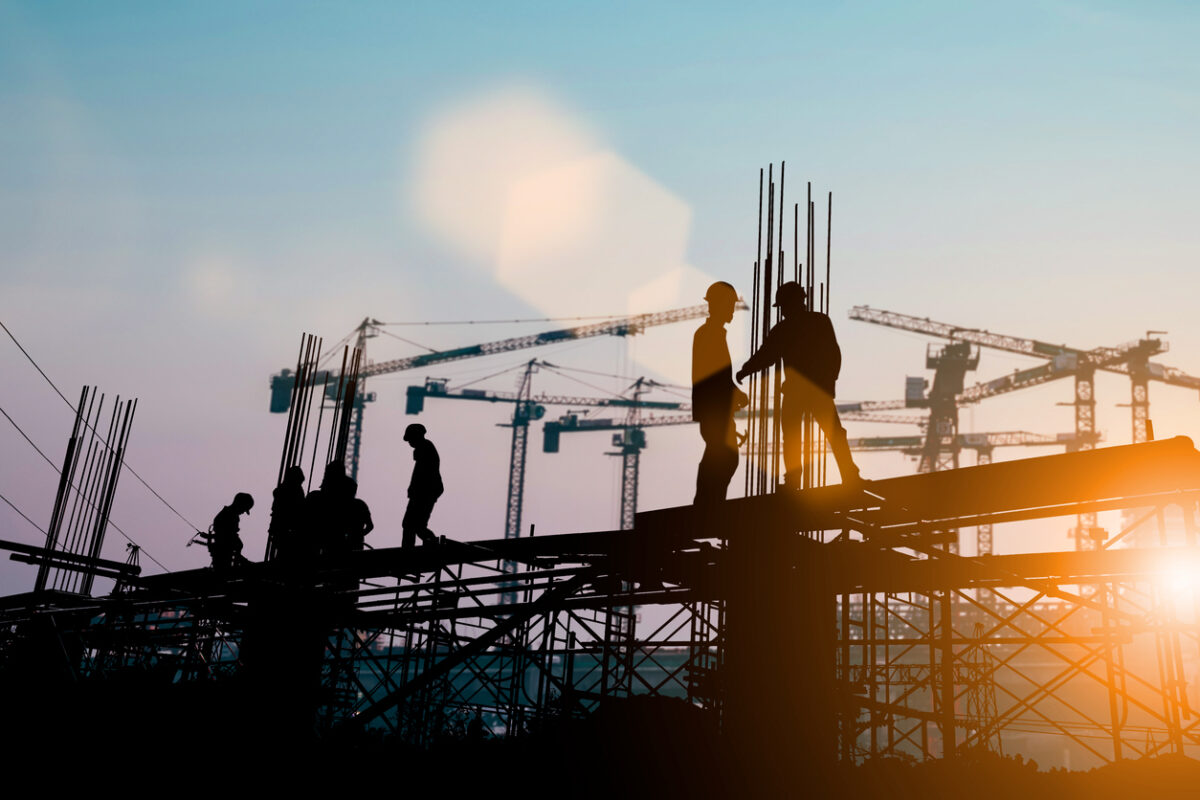GHG reduction in local building construction through incentive based programming

Embodied carbon refers to emissions resulting from extraction, manufacturing and transport of building materials, along with the construction of a building itself. There is growing evidence that embodied carbon emissions are equivalent to those generated from a building and its operations once construction is complete—which is considered the largest source of emissions in most Canadian cities.
In February 2023, LC3’s Metro Vancouver Zero Emissions Innovation Centre (ZEIC) launched an innovative initiative aimed at reducing the embodied carbon in new home builds by 40 percent. Led by ZEIC’s specialized zero-emissions building knowledge centre, ZEBx, and in close collaboration with the City of Vancouver, the second stream of the NearZero Program will gather expertise from the local home building community to significantly reduce the carbon impact in local building construction.
Through the program, local builders will receive training and resources on low-carbon building materials and construction techniques—including practices that simplify design and make more judicious use of materials. Participants choose their own approach to incorporating these strategies into their projects with the help of incentives ranging from $5,000 for carbon reductions of 30 percent and up to $40,000 for a reduction of 80–100 percent. The program will also curate peer-to-peer information exchange opportunities and compile a sourcing guide for low carbon materials to help builders locate and price out products.
In return, participants will report back on the practicalities of their approach at the design stage and once construction is complete, help create a picture of how these new ideas are being adopted on the ground. In this sense, the program doubles as an applied research program that will offer new data and inform future City of Vancouver building standards while supporting materials innovation in new builds that may be scaled out city-wide.